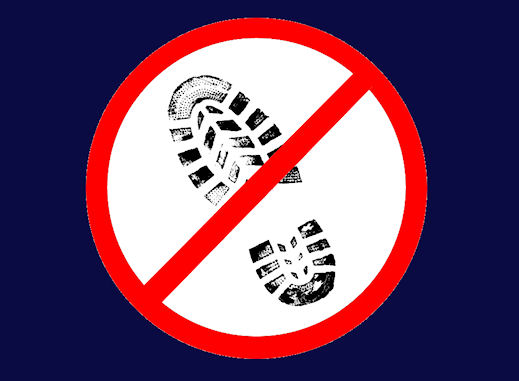Google said it has made ‘promising’ progress in its efforts to remove third-party cookies from its Chrome browser.
Google has been working on removing cookies since early 2019, and it should be remembered that rival browsers such as Safari and Firefox already block third-party cookies.
But Chrome is the biggest web browser in terms of market share, and in early January the UK competition regulator, the Competition and Markets Authority (CMA), announced it was investigating “Google’s proposals to remove third party cookies and other functionalities from its Chrome browser.”
![]()
Cookie removal
The CMA said that the investigation “will assess whether the proposals could cause advertising spend to become even more concentrated on Google’s ecosystem at the expense of its competitors.”
Apparently, the CMA had received complaints from Marketers for an Open Web Limited, a group of newspaper publishers and technology companies, which allege that, through the proposals, Google is abusing its dominant position.
Third-party cookies are trackers placed on websites to allow advertisers to follow users around the web, for instance displaying a product which the user viewed but did not purchase.
Now Google has provided an update of the progress it has made in what Google is calling the ‘Privacy Sandbox’ project.
This will disable third party cookies on the Chrome browser and Chromium browser engine and replace them with a new set of tools for targeting advertising and other functionality that Google says will protect consumers’ privacy to a greater extent.
“A year ago we announced our intention to phase out third-party cookies and replace them with new browser features that are fundamentally more private,” explained Justin Schuh, director of Chrome Engineering in a blog post.
“Since then, we’ve been working closely with the broader web community, including W3C, to design and implement new privacy-preserving technology, while also preserving the vitality and sustainability of the open web,” said Schuh.
Revenue impact?
“Today more than 30 different proposals have been offered by Chrome and others, including many that we believe are key to rendering third-party cookies obsolete,” he said. “Early test results are also looking promising!”
Essentially, Google is aiming to place people’s web browsing history on user’s personal devices, rather than on the servers of advertisers.
But advertisers and publishers are unhappy at the move and its potential impact on revenues.
Google reportedly said its testing found the new system was 95 percent as effective as the old in terms of “the conversions per dollar spent when compared to cookie-based advertising” where a conversion refers to a user clicking on an advertisement or watching a video.




